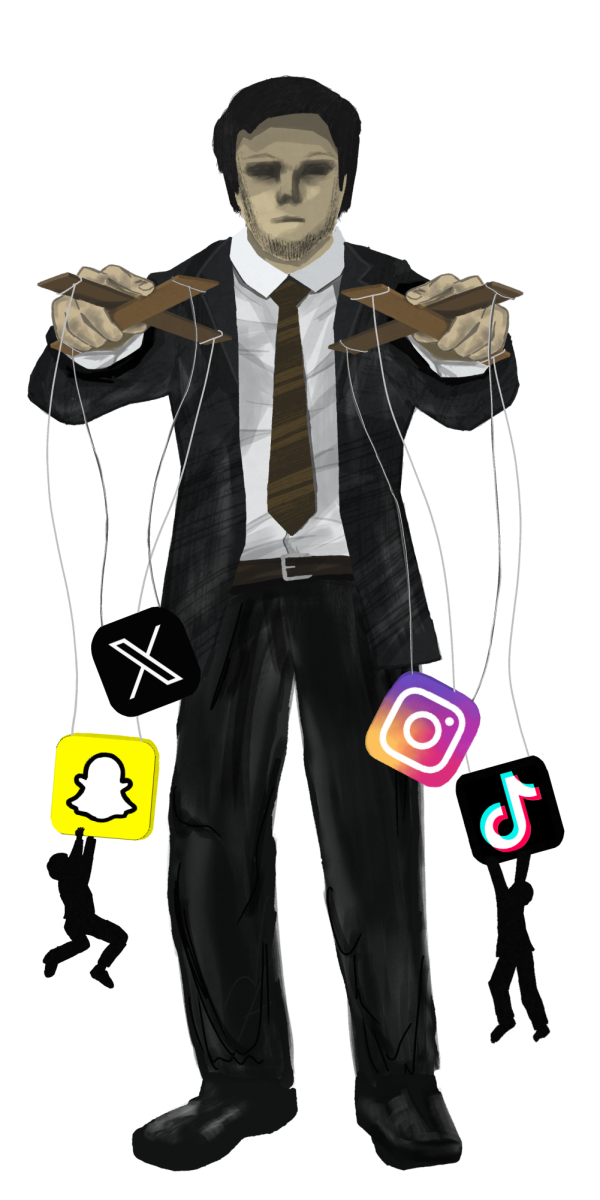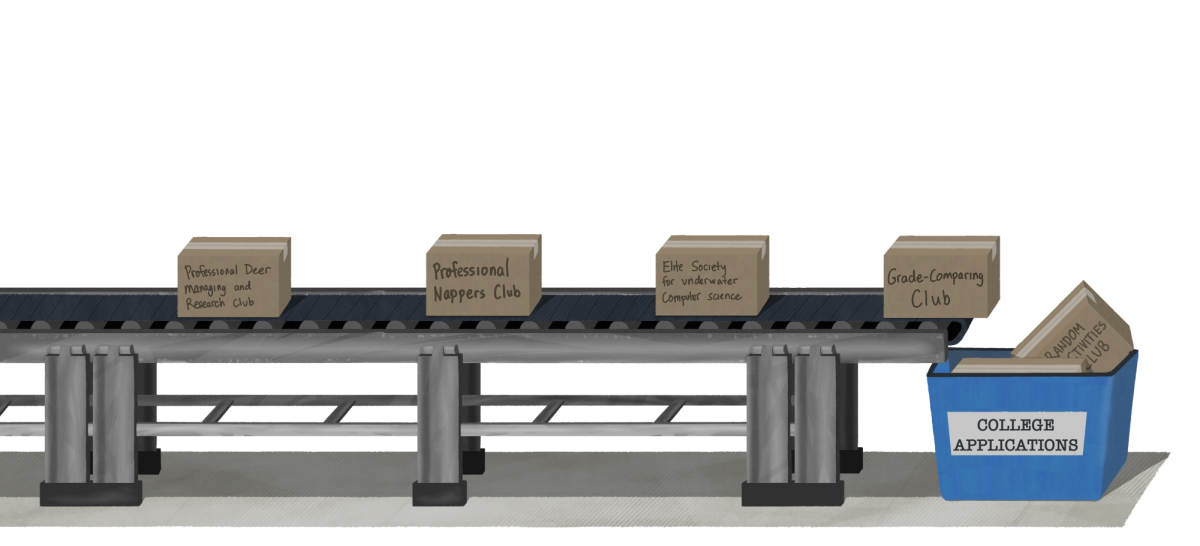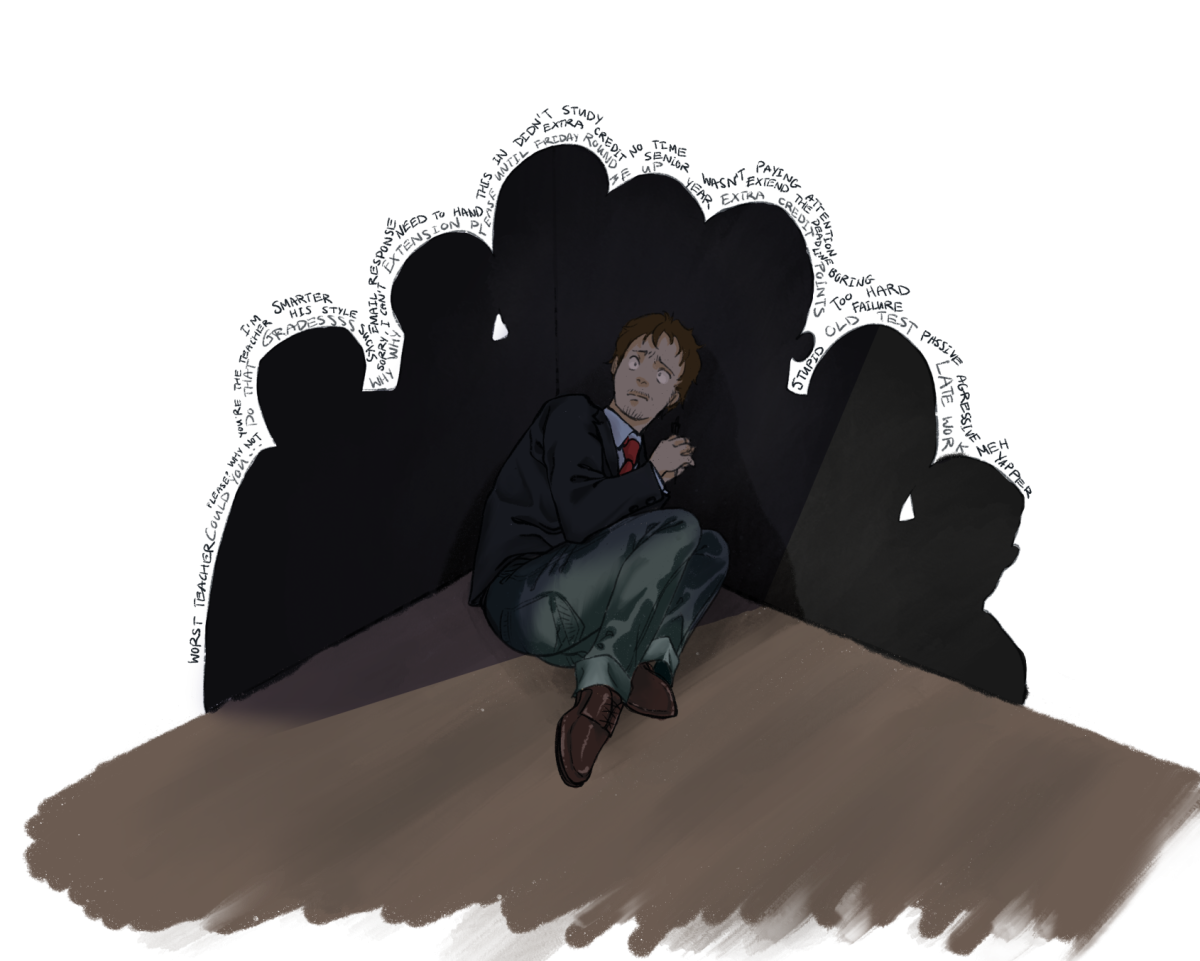Written by Stina Chang
published in the November 6th, 2015 issue
As soon as Carly Rae Jepsen’s “Call Me Maybe” comes on the radio, I feel the urge to sing along, dance to the rhythm and yell to the whole world that they should call me (maybe). But I remain still because I’m too afraid of being judged by the kind of music I like. This phenomenon is known as music shaming, when a person judges someone based on the music that they listen to. It’s true that there are countless social problems in the world, and that many of them deserve attention. Music shaming, however, remains a prejudice and needs attention in order to be stopped.
Whenever the question, “What kind of music do you like?” comes up, I panic a little inside. To avoid ridicule, my answer usually consists of well-known artists such as One Direction and Taylor Swift. Among the array of answers, I have never mentioned my appreciation for Korean pop (K-pop). At the men- tion of its name, people automatically conclude that K-pop is only popular among Asian people, thus associating me as “that typical Asian.” Although many people are familiar with the K-pop genre, they often overlook the fact that K-pop can be just as popular in America as it is in Korea. When I do give the true answer about my taste in music, it often results in questionable looks and visible judgments.
Why do people feel that there is a hierarchy based on the type of music we listen to?
What even classifies a song or genre as “good”? Music is supposed to bring joy and hap- piness into people’s lives, not shame and embarrassment. When I listen to my favorite K-pop song, I find myself singing along with the lyrics at the top of my lungs and nodding my head so hard that it gives me a headache. Listening to these songs gives me confidence and satisfaction, and this is what music is supposed to bring to our lives. There are reasons why these genres of music are produced: to fulfill their duty of making people happy and to shape who we are.
Everything about K-pop defines me. From the colorful music videos to hardcore rapping, all of it reflects my personality. I can be awkwardly cute and bubbly; I can also be loud and obnoxious. When someone makes a rude comment about the type of K-pop music that I listen to, I feel as if they are insulting who I am. The kind of music one listens to doesn’t make one any less or more intelligent. We shouldn’t have to try and pretend to like a certain song in order to fit in.
Everyone is different in his or her own unique way. Expecting everyone to share the same taste in music is impossible. Instead of being close-minded and following one type of mu- sic, it is beneficial to explore other genres too. If that’s too difficult, simply respecting other people’s tastes in music is already a nice gesture. This goes for all type of discrimination. No matter how big or small they may be, all forms of discrimination are the same and all are disrespectful; thus, all discrimination should be treated with an equal amount of seriousness.
Even though I am excited when Justin Bieber releases his new single, I would much rather fangirl when Big Bang announces its comeback. Music makes me happy and that’s all that should matter. It’s not a humiliation to like a different kind of music. If someone does taunt me for admitting I am a Carly Rae Jepsen fan, forget what Jepsen sings; please don’t give me your number and don’t call me maybe.






















Jose Mario • Feb 5, 2023 at 7:05 pm
Thank you, I have been very despective with other people taste in music, specially about reguetton and mexican banda music, I always thought it was for inferior people, far less inteligent, but I my girlfriend likes that music, while I’ve always favored more complex music reading your post helps me see that our taste in music doesnt make us more or less, very helpfull